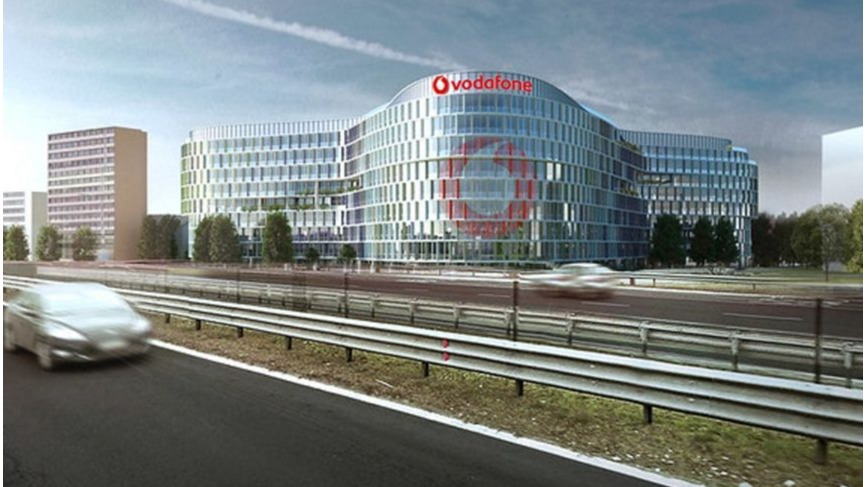Science and technology startups in the UK received more investment in 2023 than their global counterparts, new research has found.
According to a report from Barclays Eagle Labs, businesses in Yorkshire and Humber saw an increase of 20 per cent, receiving over £200 million of venture capital investment last year. Investment in Welsh companies also increased by almost nine per cent to £112 million.
The report said that while investment levels around the world declined after the pandemic, investment in the UK has almost returned to pre-pandemic levels.
The research also found that when looking at mergers and acquisitions, 65 per cent of tech founders were overwhelming optimistic about what the UK landscape meant for the next stage of their start-up journey.
Around 16 per cent of founders said that selling their business to an international buyer is their preferred exit strategy with 15 per cent preferring a UK buyer.
Amanda Allan, director of Barclays Eagle Labs, said: “We recognise that access to capital and funding is important to ambitious tech businesses.
"As such we’ve put a range of support in place to assist businesses navigate the UK’s funding landscape including growth programmes, such as the Funding Readiness Programme, which we run 4 times per year, and connectivity tools such as Barclays Demo Directory.”
Latest News
-
Debenhams implements agentic AI assistant from PayPal
-
Starbucks launches new payment tech in Europe
-
UK FinTech investment falls by a fifth
-
O2 switches on 5G standalone network in Greater Manchester
-
UK government chooses HSBC platform for digital gilt pilot
-
NAB rolls out self-bookable banking appointments via Zoom
The future-ready CFO: Driving strategic growth and innovation
This National Technology News webinar sponsored by Sage will explore how CFOs can leverage their unique blend of financial acumen, technological savvy, and strategic mindset to foster cross-functional collaboration and shape overall company direction. Attendees will gain insights into breaking down operational silos, aligning goals across departments like IT, operations, HR, and marketing, and utilising technology to enable real-time data sharing and visibility.
The corporate roadmap to payment excellence: Keeping pace with emerging trends to maximise growth opportunities
In today's rapidly evolving finance and accounting landscape, one of the biggest challenges organisations face is attracting and retaining top talent. As automation and AI revolutionise the profession, finance teams require new skillsets centred on analysis, collaboration, and strategic thinking to drive sustainable competitive advantage.
© 2019 Perspective Publishing Privacy & Cookies










Recent Stories